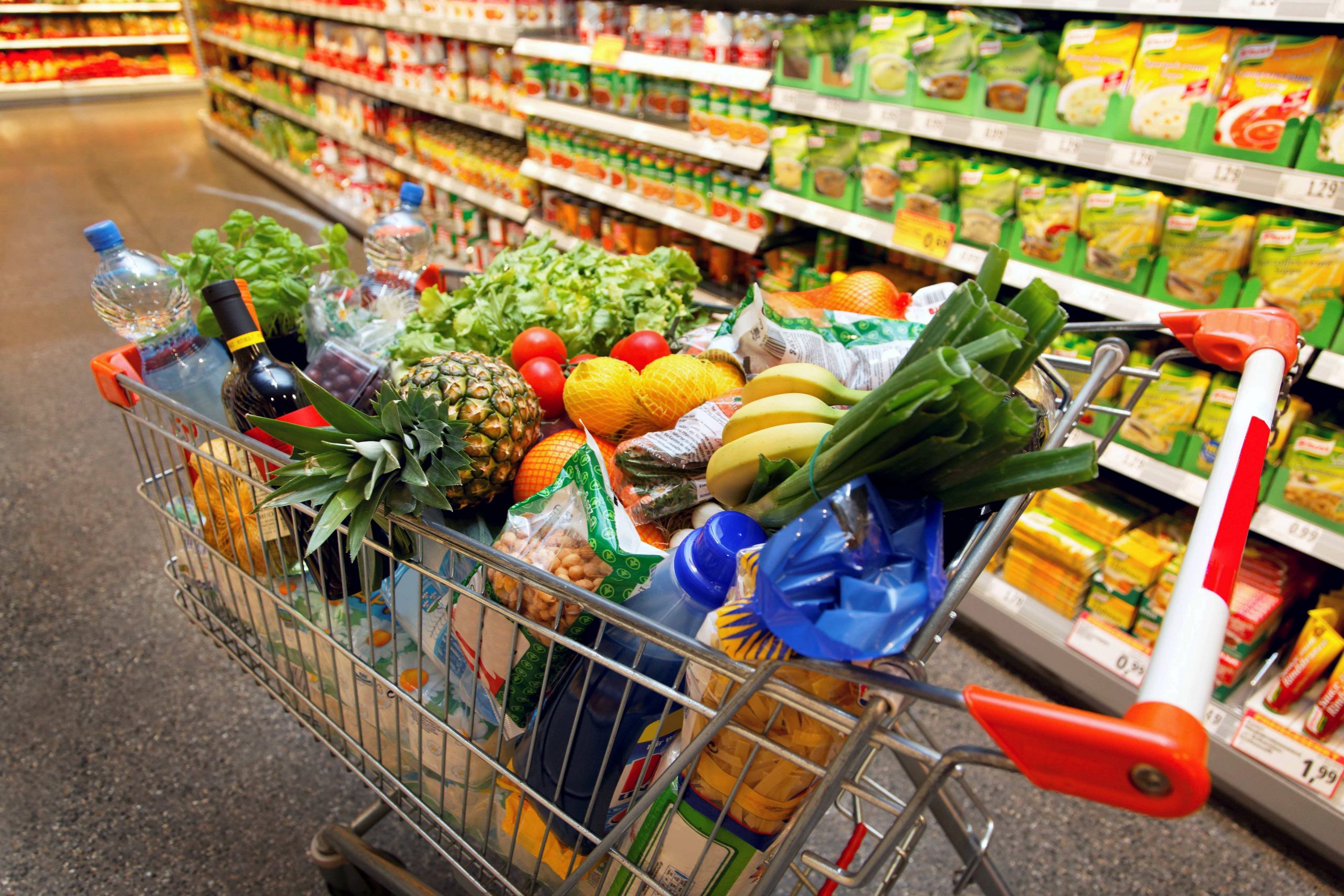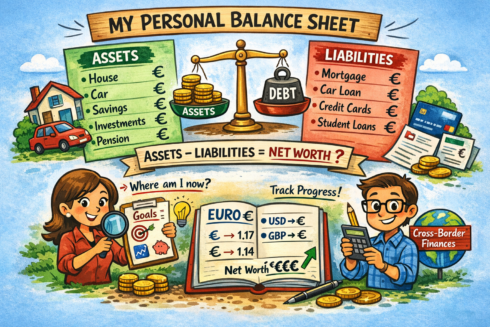TOWNS in Cadiz and Valencia have been named as the cheapest places in Spain to do the weekly shop, according to a new report.
The study by consumer group OCU (Organisation of Consumers and Users) found that households in Sanlucar de Barrameda in Cadiz and Torrent in Valencia paid the lowest supermarket prices in the country.
In Roquetas de Mar, Almeria, shoppers were also identified as benefiting from some of the lowest costs, although the savings are limited.
READ MORE: Spain’s inflation rate goes up again due to petrol price rises
The gap between cheapest and most expensive stores was just €242 a year, one of the narrowest gaps in Spain.
For those in Malaga, Granada, Jaen or Almeria, the Dani supermarket chain was ranked as the cheapest overall, though it only operates in parts of Andalucia.
Across the country, Alcampo was rated the second cheapest, with a far larger presence.
Its hypermarkets and MiAlcampo stores were among the lowest priced in nearly three out of ten towns surveyed. Other affordable chains included Family Cash and Tifer.
READ MORE: Boost for Pedro Sanchez as Spain’s GDP grows 0.8% in second quarter of 2025
But beware – Sorli Discau, Supercor and Sanchez Romero were found to be the most expensive.
OCU’s research, which gathered hundreds of thousands of prices from 718 supermarkets in 183 towns and online, concluded that households could save an average of €1,132 a year – about 18% of the typical grocery bill – by choosing the cheapest shops.
The biggest savings are to be had in Madrid, where the gap between the cheapest and most expensive supermarkets reached €4,270.
In nearby Alcobendas and Majadahonda it was €3,959, and in Pozuelo de Alarcon €3,714.
READ MORE: 90 jobs on the line as Hotel Senator in Spain’s Marbella ‘closes’
Other large differences were recorded in Las Palmas de Gran Canaria (€2,156), Leon (€1,984), Gijon (€1,956), Vigo (€1,901) and Barcelona (€1,804).
By region, the cheapest grocery bills were found in Valencia, Murcia, Galicia, Extremadura and Andalucia. The most expensive regions were the Balearic Islands, Catalonia and the Basque Country.
Prices overall have continued to rise, though at a slower pace than in previous years. Food was up 2.5% on average, with fresh products hardest hit.
Fruit and vegetables rose 8.2%, meat 7% and fish 3.4%. Coffee surged 54%, bananas 35.9%, lemons 33%, medium eggs 29.8% and milk chocolate 28.8%.
Some staples fell sharply in price, with olive oil down 53%, sugar down 25.7% and orange juice down 23.7%. Packaged foods rose by only 0.8% overall.
READ MORE: WARSHIPS vs DRONES: Italy & Spain send in the big guns to protect Gaza flotilla from ‘ABBA attack’!
Among the chains, Alcampo, Carrefour, Eroski and Gadis managed to keep rises under 1%, while Hipercor, Lidl and Supercor saw increases of between 6% and 7%.
Mercadona’s prices climbed 4% and Aldi’s 5%.
OCU stressed that the accumulated price rises of recent years are hitting households hard, especially those with fewer resources.
It has called for reduced VAT to be extended to meat and fish, along with direct support for families struggling to afford essentials.
Smaller towns such as Ciudad Real (€262) and Lepe in Huelva (€256) were among those where there was little scope for savings.
Click here to read more Business & Finance News from The Olive Press.








